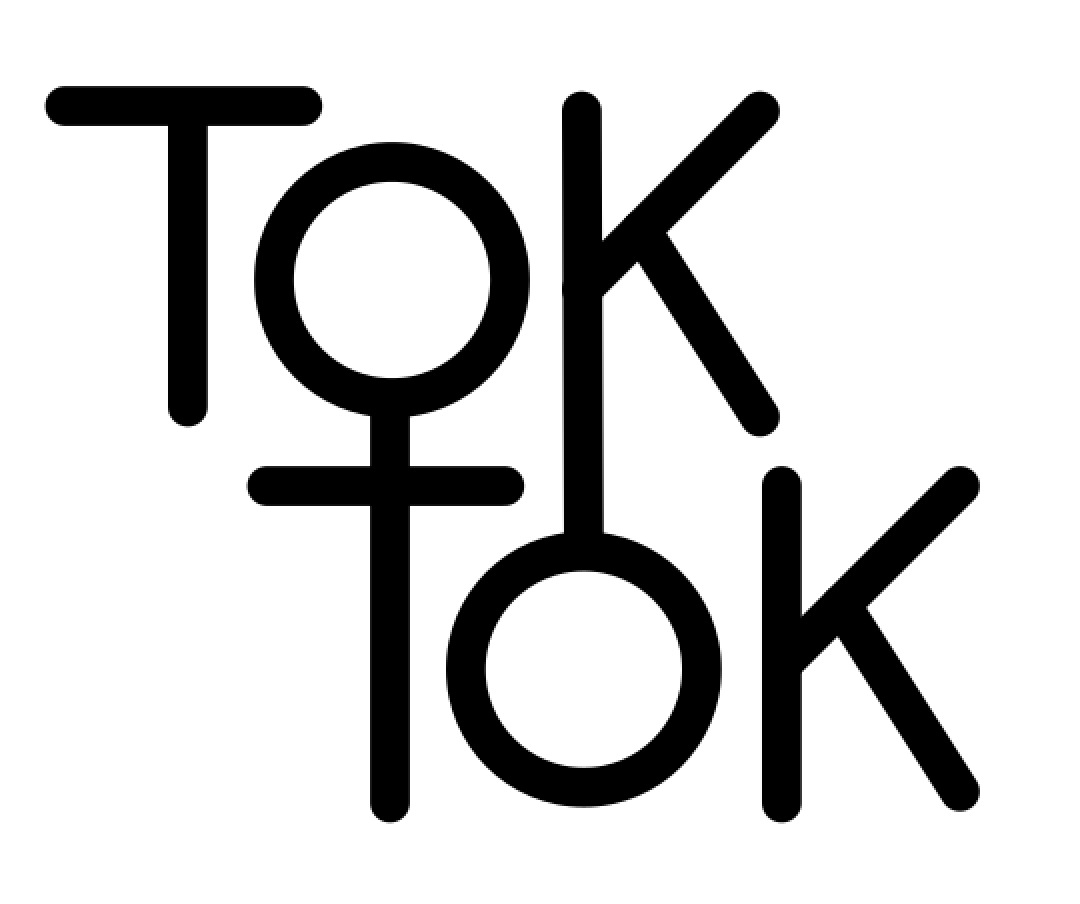PRESENTATION

TOKTOK
TokTok is a microservice (a REST API) for users management and authentication based on access and refresh JSON Web Tokens (JWT)
- this auth server was extracted / insulated / forked / adapted from solidata_backend project.
- compatible with the TADATA! sofware suite ( ApiViz / Solidata_frontend / OpenScraper )
GOALS
- a simple server to manage users and authorizations based on JWT exchanges between client and server
- possibility to switch on/off some extra features as : RSA decryption/encryption, anonymous JWT, sending confirmation email
FEATURES
Toktok includes “out-the-box” some classic features related to user authentication
JWT (JSON Web Tokens) :
- access and refresh token for security over all the app
- RSA encryption (optionnal)
- RSA encryption : server can send to the client a RSA public key for encryption client-side
- RSA decryption : server can decode forms (login/register) encoded client-side with the RSA public key
Users management :
- login / register user
- anonymous login (optionnal) : sends a JWT for an anonymous use. Can be expected by server for routes with
@anonymous_requireddecorator like/loginor/register - confirm email (optionnal in dev mode): confirm user by sending a confirmation link (protected) in an email
- password forgotten by sending a link (protected) in an email with redirection to new password form
- reset password from client interface (protected) …
Documentation
- on all API endpoints with Swagger (and some patience from the developer)
Features TO DO :
- user :
- edit user (working on)
- edit email (protect email update)
INSPIRATIONS / BENCHMARK
- not finding a simple enough open source solution resolving the following problem : having a third party service (on a distant server) able to serve reasonnably secure tokens and manage users, so to avoid to build/re-invent a custom authentication for login/register every time we work on an app…
- more, be able to share user/credentials between multiple services
- we looked at Oauth2.0 (but doesn’t manage users per say), meteor-password (but dialog with websocket)…